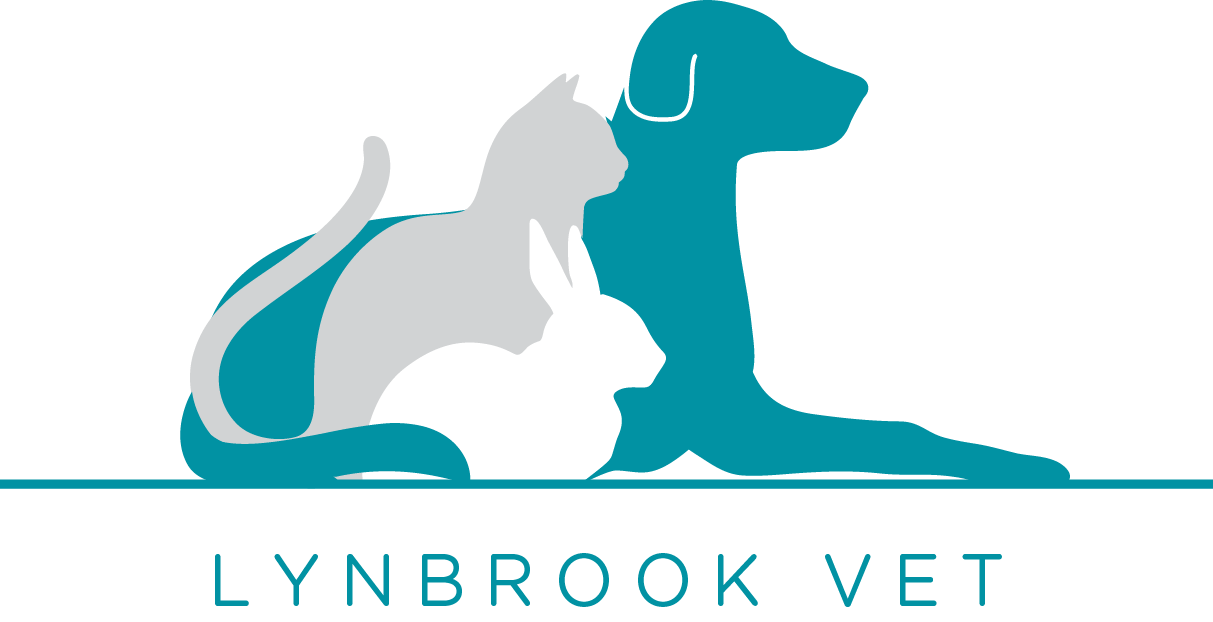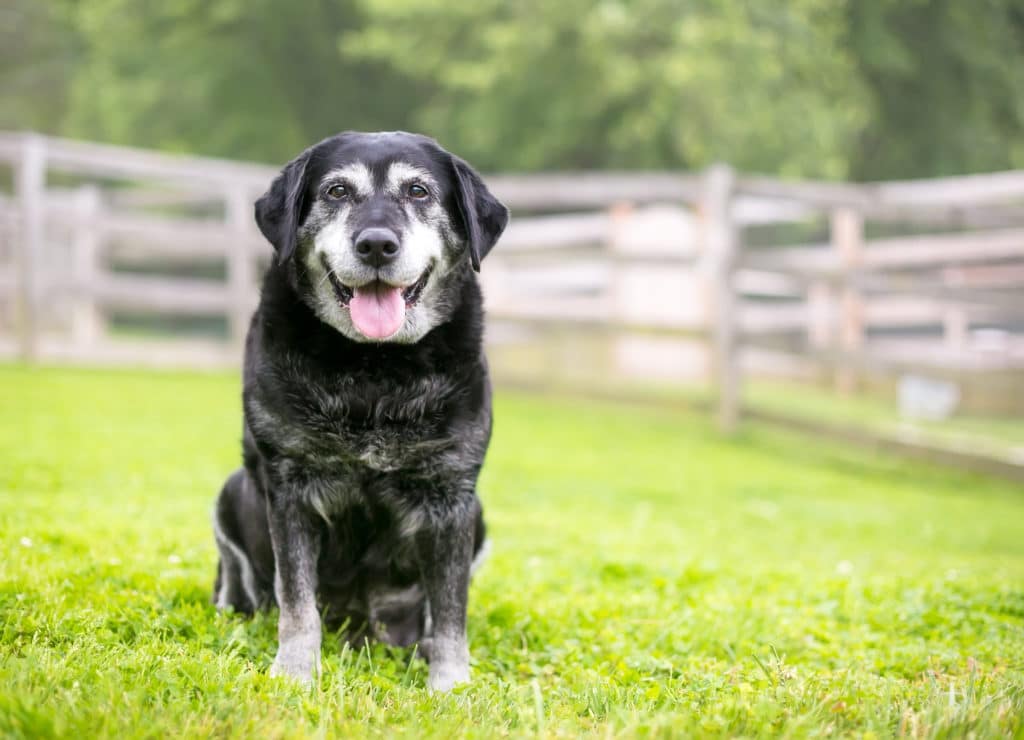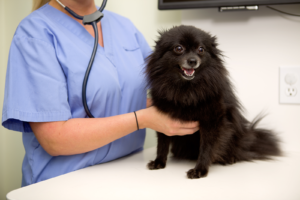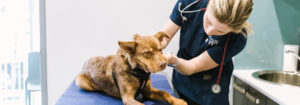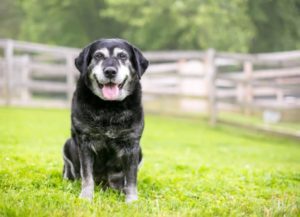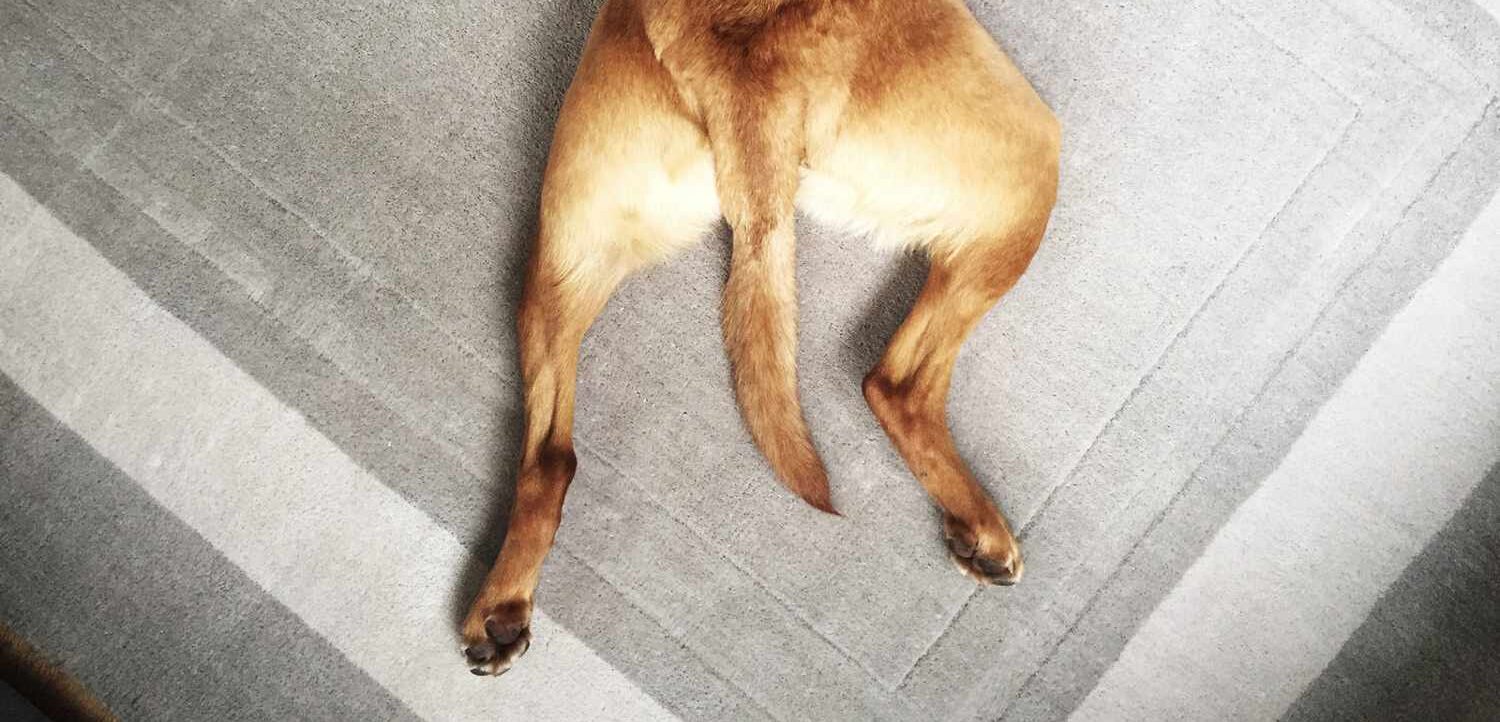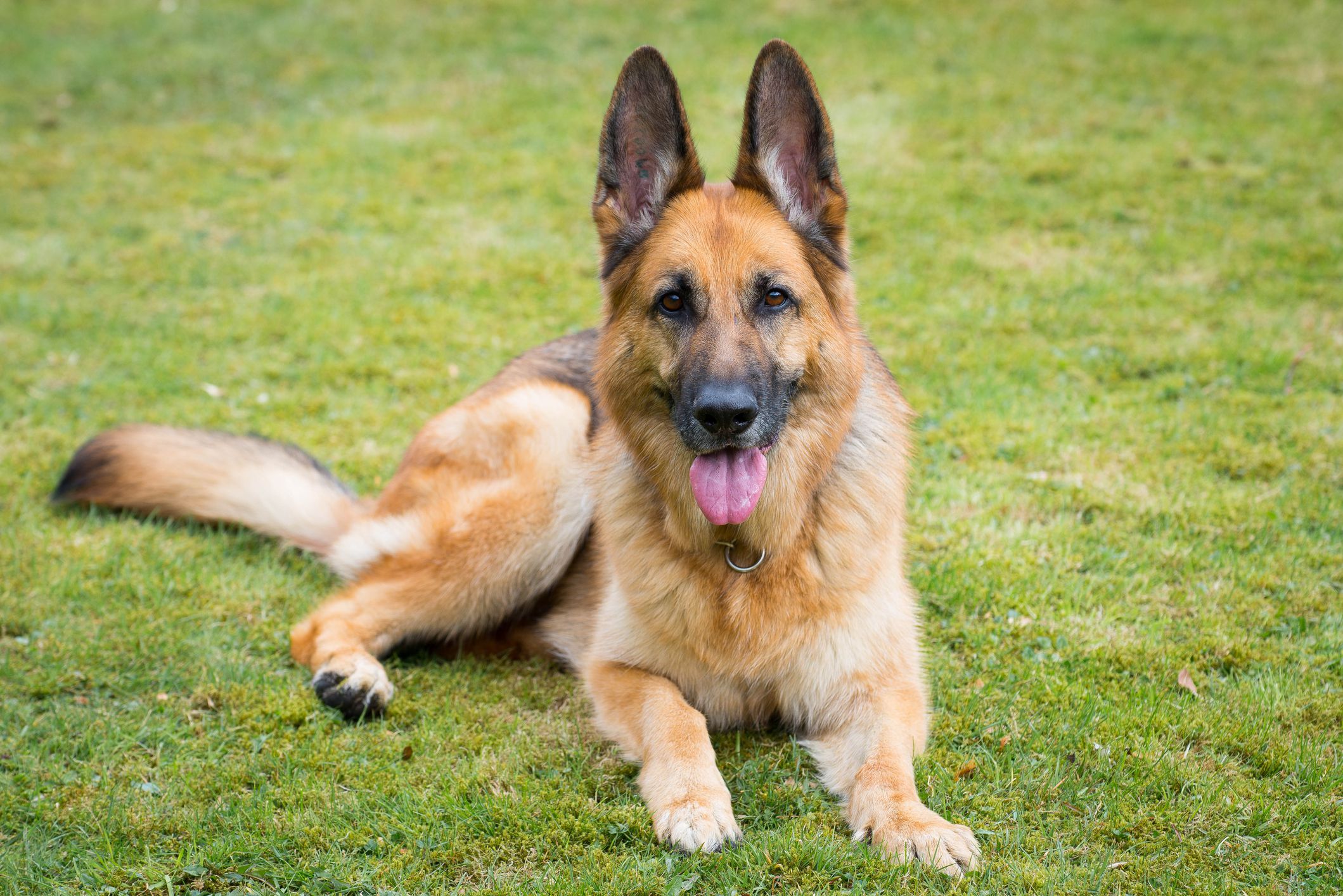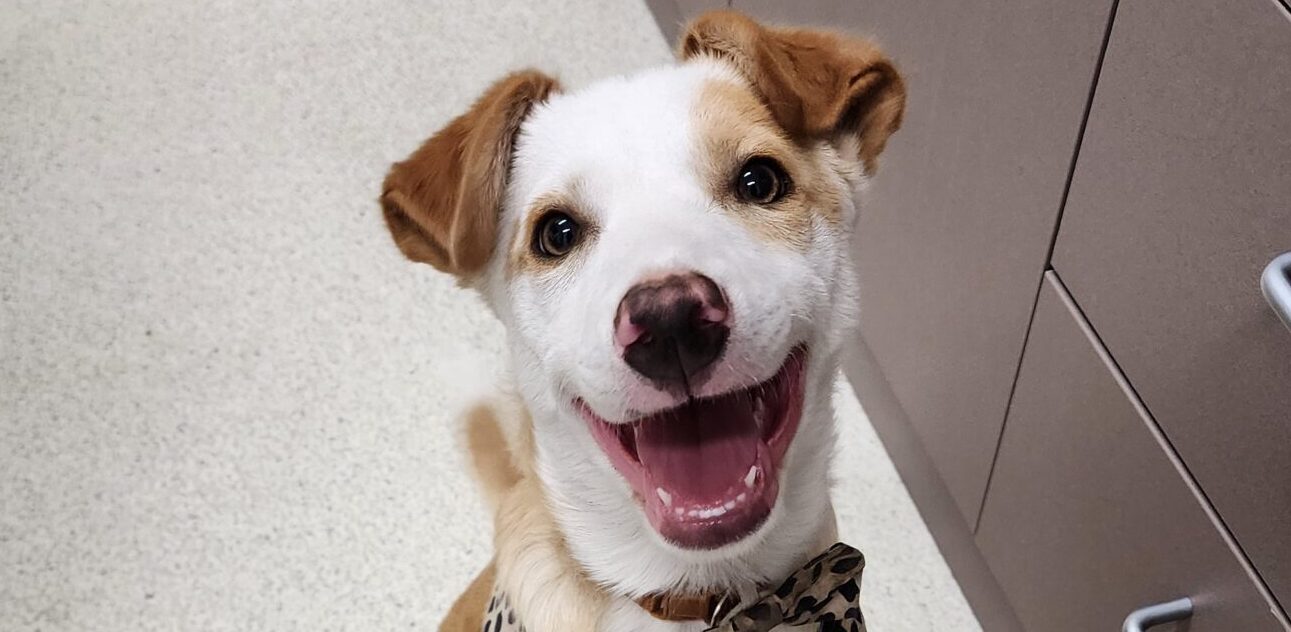What causes mammary tumors?
As our pets age, it is important we get them regularly checked for any lumps or bumps that may appear. Some may be harmless but others can be deadly…
Over the past few months we have seen a number of mammary (breast) tumors in both dogs and cats.
What is a Mammary Tumor?
A mammary tumor is a mass that appears on or along the mammary chain in dogs and cats.
They can be benign (non-cancerous) or malignant (cancerous) and differentiating between the two requires investigation. Veterinary assessment and intervention as soon as possible can give a pet the highest chance of survival should the mass be cancerous.
Can I reduce the risk of my pet getting mammary tumors?
These tumors can often be avoided by early desexing as exposure to specific hormones, namely progesterone increases the risk of these cancers developing.
Did you know: Female dogs desexed prior to their first heat cycle have only a 0.5% risk of developing mammary tumors!
Compare that to dogs who are desexed after their first heat whose risk increases to 8% and those who are desexed after their second heat, whose risk is much greater at 26%!
Which pets are more likely to develop mammary tumors?
Female dogs who are not desexed (or have been desexed late in life, see above statistics) are most likely to develop mammary tumors as they age.
There are also certain breeds who are more commonly effected by mammary tumors such as:
- Chihuahuas
- Poodles
- Dachshunds
- Yorkshire Terriers
- Spaniels
- Setters
- Boxers
- Dobermans
- Rottweilers
What are the signs of a mammary tumor?
Mammary tumors are often felt a hard lump(s) around the nipples or between the nipples along the mammary chain of a female dog or cat.
Mammary tumors can be a single tumor located at one nipple or they may be found as a chain of tumors, running along the mammary glands.
If a mammary tumor grows large, it can ulcerate (open and bleed) and in severe cases, may rupture and cause significant pain and discomfort.
If not treated quickly, the cancer can metastasize (spread) to other areas of the body which may cause other problems such as developing a cough and/or having difficulty breathing.
How to treat mammary tumors in your dog?
Mammary tumors first need to be diagnosed by a Vet. They will start by taking a sample of cells using a needle and send these to a lab for a pathologist to examine.
It is also extremely important that blood tests and x-rays are performed when diagnosing a mammary tumor. The vet needs to know whether the tumor may have spread to other parts of the body and ensure that their patient is a fit candidate for surgery.
Mammary tumors will most likely require surgery and although a lump may appear small, often vets are required to take large margins due to the high possibility of malignancy in these tumors.
The removed mass is then sent to a pathologist for further investigation and to confirm that the entire mass and all nasty cells have been removed.
The earlier a mammary tumor is found and removed, the better the prognosis of recovery and less chance of spread. Detecting tumors when they are smaller than 1cm gives your pet a higher chance of success.
If a patient is not desexed at the time the tumor is found, they will often also be desexed during the same surgery to help decrease the amount of hormones and reduce (or stop) the risk of other reproductive cancers and illnesses such as pyometra from occurring.
After removal of the cancer, some pets may be referred to see a Veterinary Specialist in Oncology for further treatment and maybe chemotherapy.
It is important that any pet found to have a mammary tumor is closely monitored (especially after surgery to remove the mass) to ensure no further tumors pop up over time.
In summary prevention is much better than cure. Hence strongly recommend desexing all female dogs and cats before their first season which can start form 6 months of age. Doing this can prevent the development of mammary carcinomas which can be painful and life threatening for our patients and expensive for the owners to remove and manage.
If you have any concerns about your pet, contact us to book an appointment today. Phone (03) 8373 0301.
What is a mammary tumor in dogs?
A mammary tumor is a mass that appears on or along the mammary chain in dogs and cats.
Can a mammary tumor on a dog be fatal?
A mammary tumor can be benign (non-cancerous) or malignant (cancerous). As soon as a lump is felt or seen on your pet, Veterinary assessment and intervention as soon as possible can give a pet the highest chance of survival should the mass be cancerous.
Can you reduce the risk of mammary tumors in dogs?
Mammary tumors can often be avoided by early desexing as exposure to specific hormones, namely progesterone increases the risk of these cancers developing.
What are the signs of a mammary tumor on a dog?
Mammary tumors are often felt a hard lump(s) around the nipples or between the nipples along the mammary chain of a female dog or cat.
